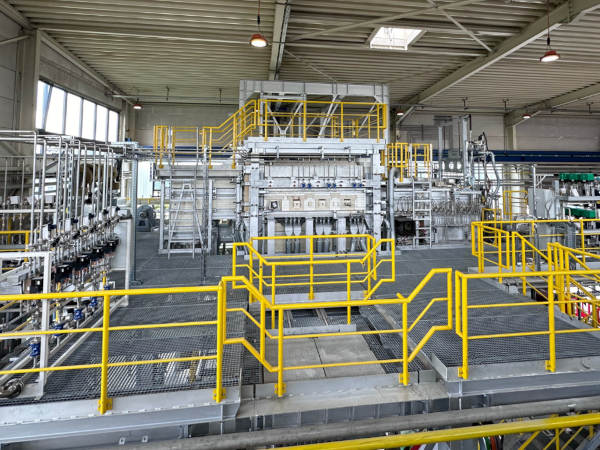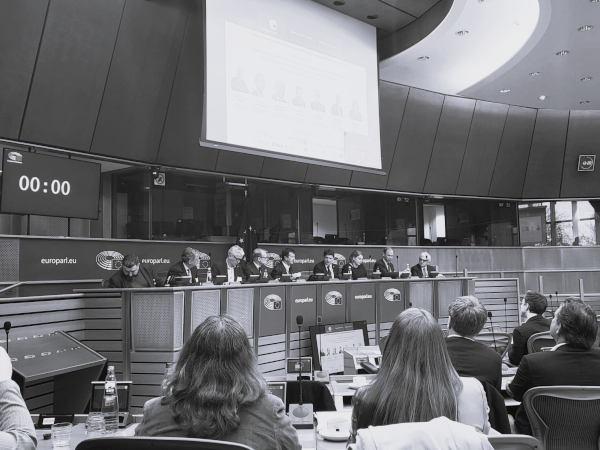
Date: 6 September 2022
Saint-Gobain, committed to achieving carbon neutrality by 2050, announces that the Science Based Targets initiative¹ has approved its greenhouse gas emission reduction targets as consistent with the organization’s new net zero standard and the Paris Climate Agreement. Saint-Gobain is the first company in its sector worldwide to receive this approval since the introduction of the new standard at the end of last year.
This validation of the Group's long-term commitments to achieve net zero CO2 emissions, both direct and indirect, along its entire value chain by 2050 allows it to further refine its roadmap towards carbon neutrality. It will entail a reduction in CO2 emissions of at least 90% in the three scopes by 2050, with additional sequestration projects planned for residual emissions.
“Saint-Gobain is very proud to have our greenhouse gas emission reduction targets approved by the SBTi to achieve carbon neutrality by 2050. For Saint-Gobain, social and environmental responsibility is a long-term commitment and with a continuous process towards excellence. This recognition validates Saint-Gobain's commitments in the fight against climate change, with the aim of maximizing the positive impact the Group brings to its customers and minimizing its own environmental footprint,” says Claire Pedini, Senior Vice President, Human Resources and Corporate Social Responsibility of Saint-Gobain.
Saint-Gobain's commitments to reduce in absolute terms by 2030 from 2017 its direct and indirect CO2 emissions (scopes 1 and 2) by 33% and its scope 3 emissions, mainly linked to purchasing and transport, by 16% by 2030 was already validated in November 2020 by the SBTi.
The Group will continue to accelerate its roadmap, notably through improvements in energy efficiency, product weight reduction, increased recycled content and the use of green energies, in order to align its targets with the most demanding trajectory, that limits the rise in temperatures to 1.5°C.
¹ Originating from a collaboration between CDP, the UN Global Compact, the World Resource Institute (WRI), and the World Wildlife Fund (WWF), and one of the commitments of the We Mean Business coalition, the Science Based Targets initiative defines and promotes best practices in science-based target setting and independently evaluates and approves corporate targets to accelerate the transition to a low-carbon economy.
 600450
600450













Add new comment